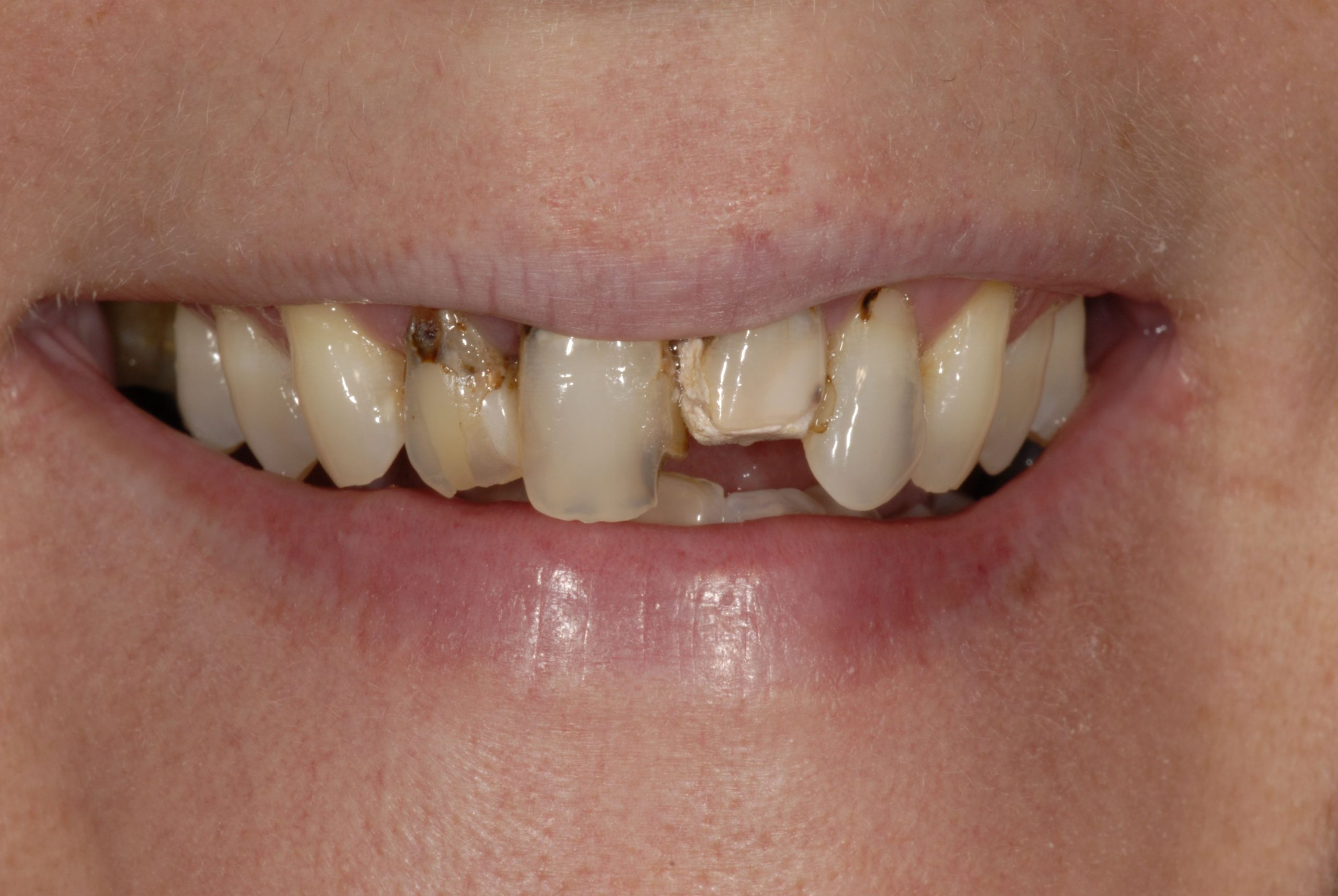This guide provides information on dealing with a loose tooth at home and emphasizes the importance of professional dental care for rotten teeth. Think twice before DIY tooth extraction: While home remedies exist for a loose tooth, removing a rotten tooth at home carries significant risks, including infection and permanent damage. Consult a dentist whenever possible.
Identifying a Loose vs. Rotten Tooth
Before attempting any home remedies, it’s crucial to distinguish between a loose and a rotten tooth. Is it truly rotten? A loose tooth might be safely managed at home, but a rotten tooth requires professional dental care.
Loose Tooth
A loose tooth is typically characterized by mobility but minimal pain. This often occurs naturally in children as baby teeth are shed. Sometimes, a loose adult tooth can be a sign of gum issues.
Rotten Tooth
A rotten tooth, however, results from decay and bacterial infection. This can manifest as pain, discoloration (often brownish or blackish), bad breath, and possible swelling or redness in the surrounding gums. Home remedies for loose teeth, not rotten ones: Safe home methods for loose teeth involve gentle wiggling and natural movement. Attempting to extract a rotten tooth yourself can lead to serious complications.
Safe Home Methods for Loose Teeth (Not for Rotten Teeth!)
If you have a loose tooth, and you’re certain it’s not rotten, here are a few things you can try at home:
1. The Wiggle Test
Wash your hands thoroughly. Using a clean finger or dental floss, gently wiggle the tooth back and forth. Does it feel like it’s about to come out on its own? If not, don’t push it. If you’re looking for advice on other tooth-related issues, check out our guides on how to get food out of wisdom tooth hole and how to tighten a loose tooth at home.
2. The Gauze Grip
If wiggling increases the tooth’s mobility, gently grip it with a piece of clean gauze and try rotating it slightly. Stop immediately if you feel any resistance.
3. The Floss Trick
If the tooth is extremely loose, tie dental floss around its base. Pull very gently in the direction the tooth would naturally come out. Do not yank. If it doesn’t come out easily, stop and consult a dentist.
4. Nature’s Way
Eating crunchy foods like apples or carrots can sometimes help a loose tooth come out naturally. This isn’t a quick solution, but it can encourage the tooth to loosen over time.
Dangers of DIY Rotten Tooth Extraction
Attempting to extract a rotten tooth yourself can have serious consequences. 17% risk regret: Studies suggest a significant percentage of people have attempted DIY tooth extraction, often leading to further dental issues. Don’t become a statistic – prioritize professional dental care. Here’s why DIY extraction is dangerous:
Infection
Rotten teeth are often infected. Pulling one out yourself can spread the infection to your gums, jawbone, or even your bloodstream.
Nerve Damage
Incorrect removal can severely damage surrounding nerves and tissues, potentially causing permanent pain, numbness, or tingling.
Incomplete Extraction
You might not remove the entire tooth, leaving behind fragments that can lead to further infection and complications.
Excessive Bleeding
DIY extractions can result in uncontrolled bleeding, especially if you have an underlying bleeding disorder.
Jaw Fracture
Applying excessive force can fracture your jawbone, requiring extensive treatment to correct.
When to See a Dentist
If you experience any of the following, see a dentist immediately:
- Severe pain
- Swelling or inflammation
- Signs of infection (pus, fever)
- Broken or cracked tooth
- Resistance when wiggling the tooth
Alternatives to DIY Extraction
Dental Professional
The safest and most effective way to address a rotten tooth is to see a dentist. They have the expertise and tools to perform extractions safely and treat any underlying infection.
Emergency Room
If you experience severe pain or infection signs and cannot access a dentist immediately, visit your nearest emergency room.
Preventing Tooth Decay
Preventing tooth decay is always better than dealing with extractions. Practicing good oral hygiene, including brushing, flossing, and regular dental checkups, can minimize your risk of developing rotten teeth.
This information is for general knowledge and does not substitute professional dental advice. Ongoing research constantly evolves our understanding of dental care. Always consult a dentist for personalized guidance.
- The Best Bento Box Price For Your Perfect Packed Lunch - December 15, 2025
- Bento Box Shopping Tips for Smart and Stylish Lunch Prep - December 14, 2025
- Bento Box Trays Streamline Restaurant Meal Presentation and Transport - December 13, 2025










